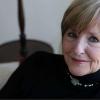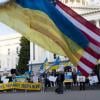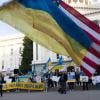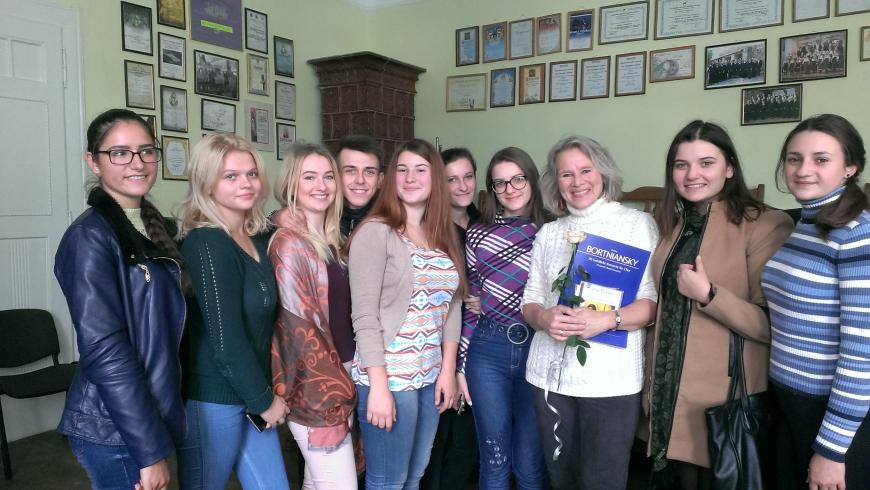
It’s been a few years now that the intrepid choral director and Ukrainian music scholar Marika Kuzma and her Ensemble Cherubim have built a rich musical connection, and their concert next Sunday in Berkeley of early Ukrainian music and more will highlight that bond as Russia’s invasion of Ukraine continues.
“Ukraine has been in the shadows for centuries and has not been able to tell its own story,” said Kuzma, in a Zoom interview from her native Connecticut, where she now lives after many years in the Bay Area. “Ukrainian music is only known through what Russia allowed to be told, allowed to be published, allowed to be sung.”
The 20-voice ensemble’s offerings on June 12, as part of the Berkeley Festival & Exhibition, range from music that was found in dusty East European archives — including monastic chants from Kyiv and villages alike, 17th-century motets, and choral concertos by the 19th-century composer Dmitry Bortniansky (on whom Kuzma has written extensively).
A prelude of sorts precedes the concert when, at 2 p.m., UC Berkeley carillonist Jeff Davis performs selected Ukrainian songs and bell ringing.
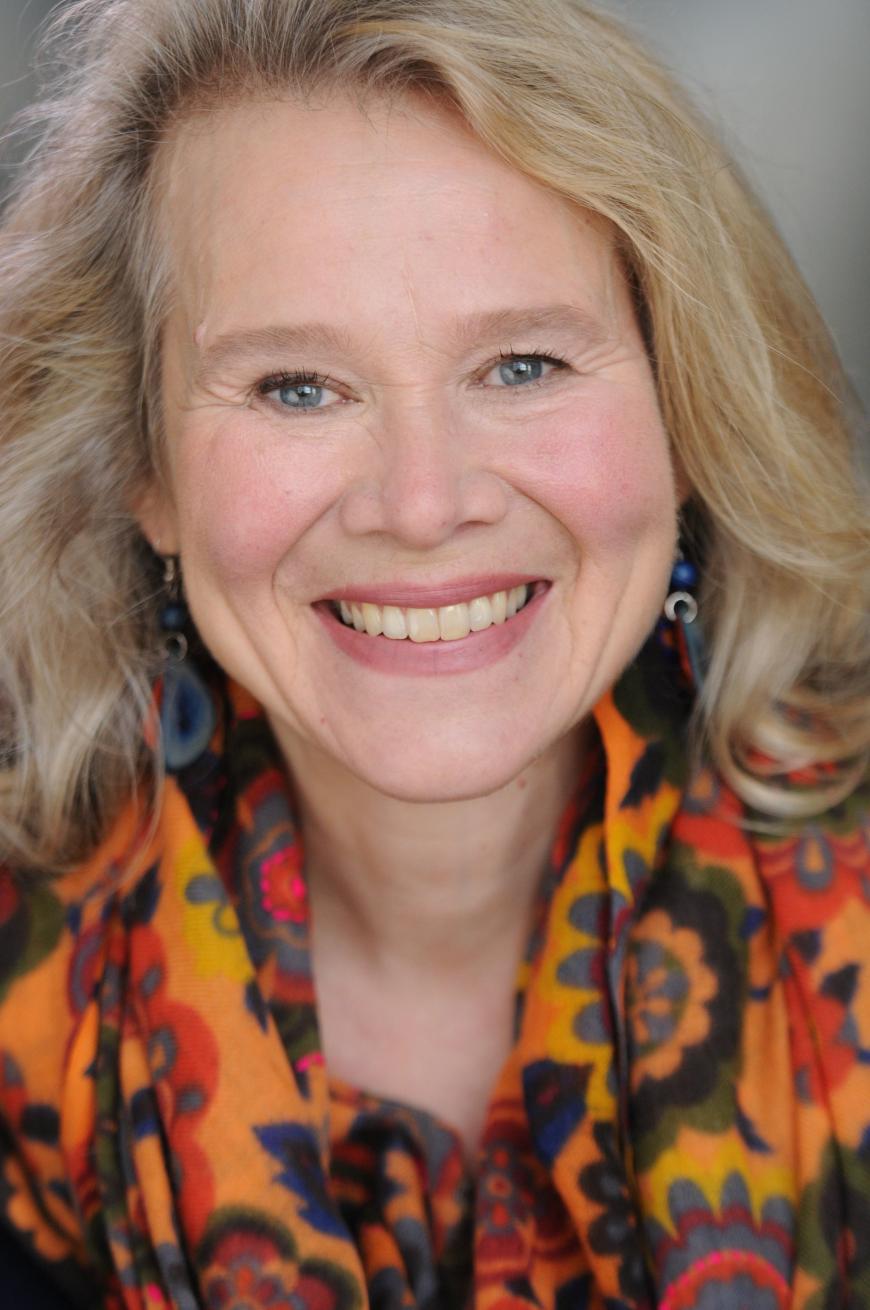
The program is a short but deep dive into musical gems of Ukraine’s past. Except for a brief period as a sovereign nation from 1917–1920, and again as of 1991, Ukraine and its music have been historically regulated and often censored under Czarist Russia (1547–1721), Imperial Russia (1721–1917), the Soviets (1922–1991), and Vladimir Putin, who has moved between serving as prime minister and president of Russia since 1999.
Kuzma, who is Ukrainian American (both of her parents immigrated from Ukraine) and grew up with its culture, underscored its rich history of choral music.
“We’ll have songs from as far back as the 12th century — take that Vladdy — you cannot wipe this culture out of existence,” said Kuzma, referring to Putin’s denial that a distinctive Ukrainian culture exists. (“A stable statehood hasn’t been built in Ukraine,” Putin said in a state speech on Feb. 21. “It is an inherent part of our own history, culture, [and] spiritual space.”)
A cappella singing distinguishes most Ukrainian choral music, according to Kuzma. What’s more, voice parts are split up, and soloists come in and out of the chorus. One piece on the June concert has many bass parts but only one soprano vocal line, she noted. Another work to be performed, from Crimea, is for voice and an early-music instrument — the vielle, which will be played by guest artist Shira Kammen.
Kuzma, a member of UC Berkeley’s music faculty for 25 years before retiring in 2015, is pleased that some of her former choral students will sing in the upcoming program as part of Ensemble Cherubim.
The performance will also feature prominent Bay Area actors Joy Carlin, L. Peter Callender, Crystal Jiang, and Patrick Russell, who will recite poetry, including verses by the prominent Ukrainian poet Taras Shevchenko (1814–1861), who spent a decade imprisoned for writing in Ukrainian. (Under Czar Peter the Great in 1720, Russia banned printing in the Ukrainian language.) As well, Kuzma has included a poem by a Ukrainian friend written in April about singing in caves (many Ukrainian monasteries have beneath them a network of caves in which chanting and singing was done and continues today).
“I think she is linking the singing in caves by monks in 11th-century Ukraine with the current moment of people hiding in subway stations (and steel plants) and how people are finding a way to sing there,” said Kuzma in an e-mail.
Kuzma plans to project images of Ukraine before the current war in the program’s Hertz Hall venue. “It will show audiences [its] beauty, not the devastation we’re all seeing now,” said Kuzma, referring to the Russian invasion of the country that began on Feb. 24.
“My goal in this concert is illumination,” she said, “and to dispel Putin’s campaign of disinformation in song, poetry, and visual images.
“I look at this concert as a theater piece,” continued Kuzma, who is also an actor. “It has an arc. It represents all the characteristics of who Ukrainian people are. They’ve persevered. They have survived. They speak the truth, even when it costs them their life.”
Find tickets for the Sunday, June 12 performance, 2:30 p.m. at Hertz Hall, part of the Fringe series at this year’s Berkeley Festival & Exhibition, online.


